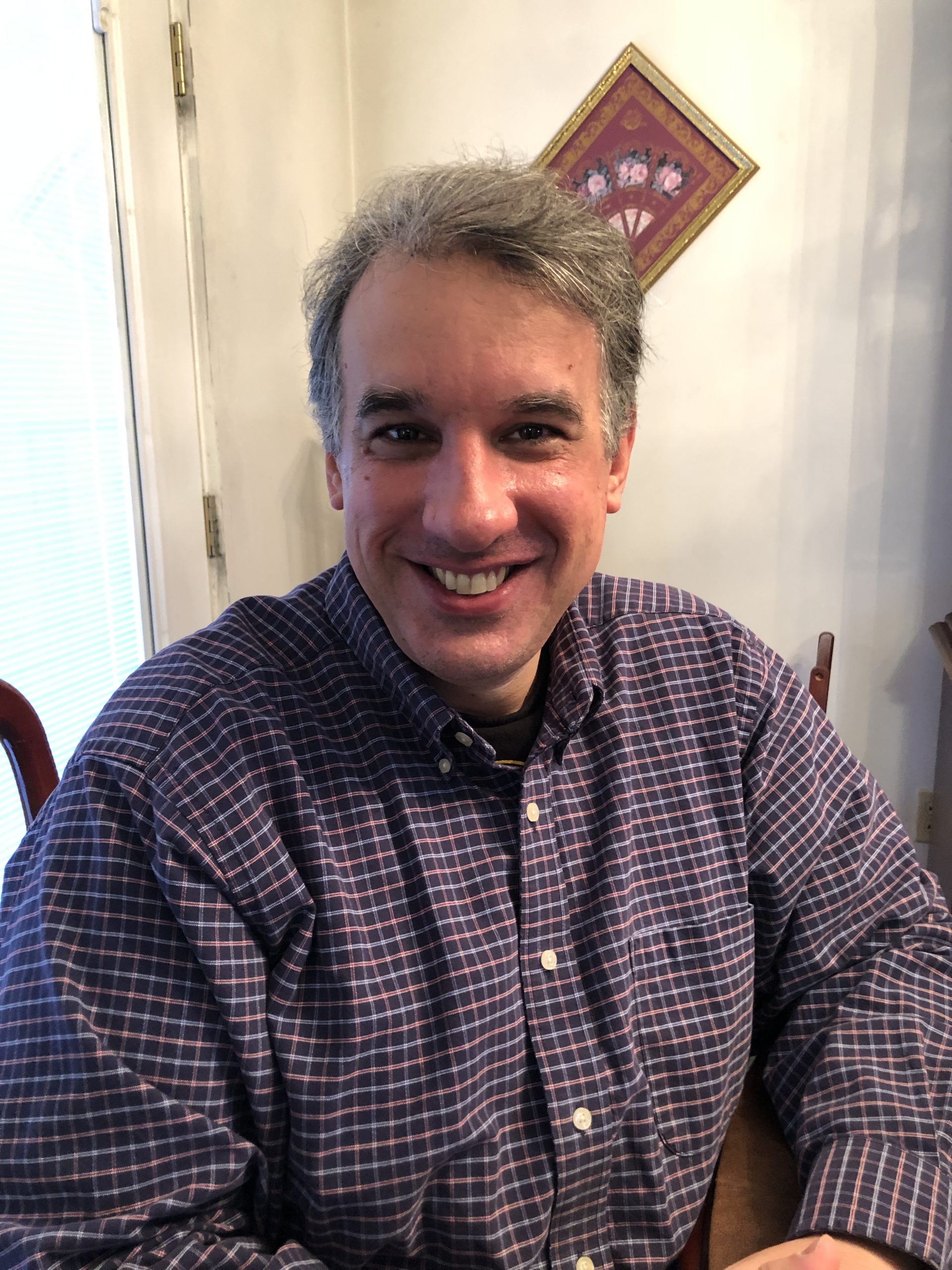
The recent discovery of cocaine at the White House rates as unusual but hardly unprecedented.
In fact, stories of drug-related incidents at “the People’s House” date to the early 20th century, though the tales have grown taller and more common in recent years.
Gillian Brockell of The Washington Post’s history blog, Retropolis, recently compiled several such stories.
The earliest White House drug incident might have occurred on a day of infamy.
History professor Steve Gillon, author of “Pearl Harbor: FDR Leads the Nation into War,” said he discovered during his research that on the evening of Dec. 7, 1941, less than 12 hours after Japanese forces attacked Pearl Harbor, President Franklin D. Roosevelt probably used cocaine.
Trending:
In a 2012 HuffPost report, Gillon described the evidence for Roosevelt’s cocaine usage as “circumstantial,” but the writer’s inferences are plausible.
Furthermore, FDR’s cocaine usage would not have struck his contemporaries as scandalous.
White House records for Dec. 7, 1941, show that the president spent part of that evening with Dr. Ross McIntyre, a prominent ear, nose, and throat specialist who had treated him since 1937.
The records also show that Roosevelt suffered from a sinus infection.
Would you want to visit the White House?
Yes: 17% (5 Votes)
No: 83% (24 Votes)
When Gillon reached out to modern ENT specialists, he learned that in the 1930s and 1940s, physicians often treated sinus infections with small doses of diluted cocaine solution.
Other White House drug stories involve usage of a less therapeutic nature.
In 1980, country singer Willie Nelson smoked marijuana on the White House roof with President Jimmy Carter’s son, James Earl “Chip” Carter III.
Gary McClain, point guard on the 1985 NCAA men’s basketball national champion Villanova Wildcats, recalled that he was “wired” on cocaine during the team’s White House visit.
Finally, some White House drug stories should be taken with a grain of salt.
Erkan Mustafa, a British teen actor from the 1980s, once claimed to have smoked pot at the White House but later admitted that he invented the story.
Snoop Dogg claimed to have smoked weed in the White House bathroom, but Brockell noted that the rapper “appears to have been high while telling the story, and it doesn’t exactly track.”
Then again, strange things have happened at the White House.
In 1802, a group of grateful Massachusetts Baptists presented a 1,230-pound “Mammoth Cheese” to President Thomas Jefferson.
In 1912, a knife-wielding intruder, determined to see President William Howard Taft, broke through the front door of the White House twice in the same day.
During World War II, on separate visits to the White House, both British Prime Minister Winston Churchill and Queen Wilhelmina of the Netherlands claimed to have encountered Abraham Lincoln’s ghost.
Drug stories, it seems, are only a part of that building’s long and colorful history.





